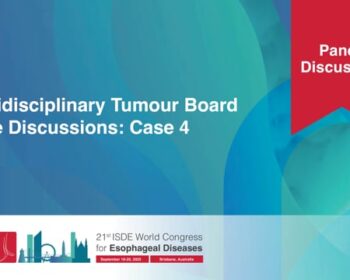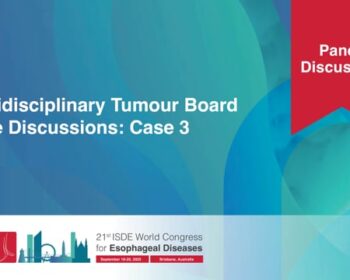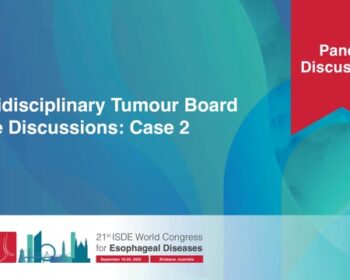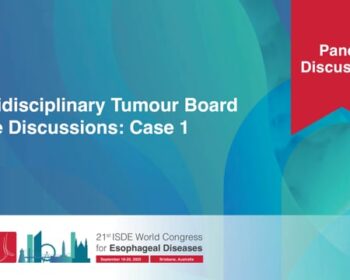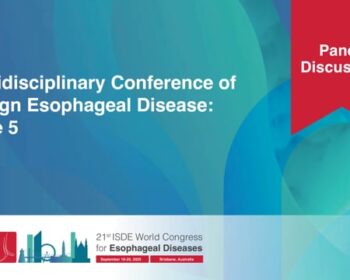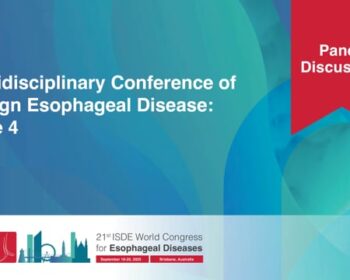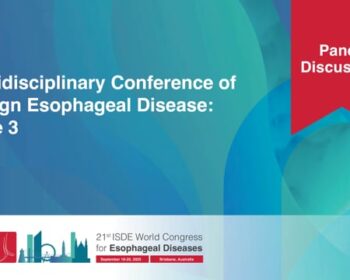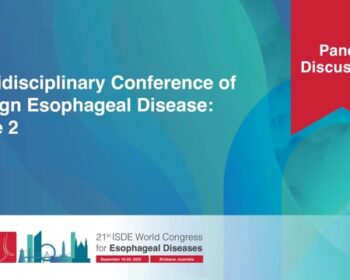How Is Immunotherapy Applied to Chemoradiotherapy for Esophageal Squamous Cell Carcinoma? – Kuai-Le Zhao
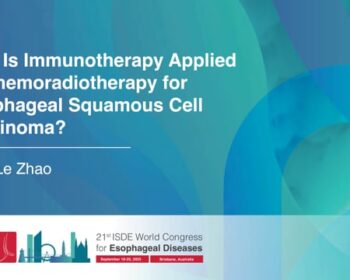
Listen to Dr. Kuaile Zhao present during the Squamous Cell Carcinoma (ESCC) Session held during the 2025 ISDE World Congress in Brisbane Australia from September 18-20, 2025. Watch all presentations in this session including: Current Advances in Endoscopic Therapy for Esophageal Squamous Cell Carcinoma – Tomonori Yano, Japan How Is…










